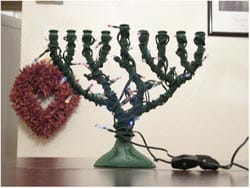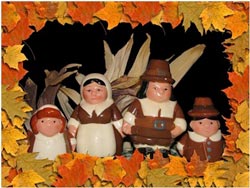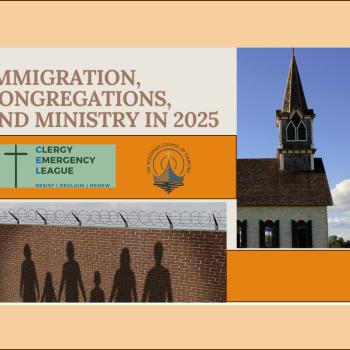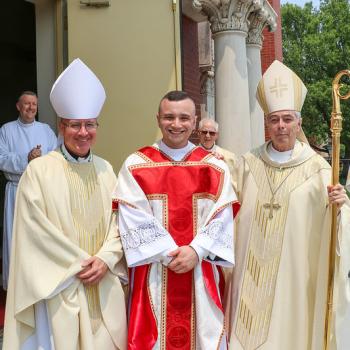By Rabbi Philip Cohen
 My 9-year-old daughter doesn't know "Silent Night," "We Wish You a Merry Christmas," or any of the other Christmas carols that were standard December fare in my elementary school years. She attends the local Solomon Schechter Day School, where these songs are naturally omitted from the music program.
My 9-year-old daughter doesn't know "Silent Night," "We Wish You a Merry Christmas," or any of the other Christmas carols that were standard December fare in my elementary school years. She attends the local Solomon Schechter Day School, where these songs are naturally omitted from the music program.
I take this to be a good thing, something symbolic of the Jewish identity she has forged. Some day, in another part of her life, perhaps she'll learn them. Perhaps not. But if she does learn them, the baggage attached to their acquisition -- if there is any at all -- will be different from mine. At age 9, her Jewish identity is her dominant cultural and religious identity.
Yet when she was younger, she asked more than once about Christmas trees and Santa Claus. While at a mall she sat on Santa's lap. Once she wondered aloud, confused and a bit wistfully, why all her favorite television shows featured Christmas themes in December. And she has mused if she would be happier as a Christian, though I suspect -- I hope -- this was more experimental than representative of anything substantial. And, not uncommon in our current situation, she has two uncles who married Catholic women and whose children are being raised either as Catholics or who appear to have virtually no religious identity.
Despite a strong Jewish identity, Christmas -- and its reminder of a world that we live in the midst of, yet do not entirely belong to -- is an inescapably confusing and, I believe, an inescapably interesting and perhaps compelling reality to her as it is to most American Jews.
Thanksgiving Inclusion
Late autumn and early winter inevitably toss us Jews between the poles of a dialectic, yielding perhaps the strongest contrast found in our American social existence. On the one hand, there's Thanksgiving, with its message of America as a land based on fundamental principles of religious freedom. True, the Pilgrims were Christians who probably would not have approved of a strong Jewish or any other wildly divergent ethnic presence in America. Religious freedom meant religious freedom for them.
 But if the Pilgrims were a bit self-centered, it is irrelevant. For the Pilgrims helped lay the groundwork for a society based on democracy and cultural diversity. Or at least so goes our popular myth about them.
But if the Pilgrims were a bit self-centered, it is irrelevant. For the Pilgrims helped lay the groundwork for a society based on democracy and cultural diversity. Or at least so goes our popular myth about them.
When we celebrate Thanksgiving, we are observing a moment of high American civil religion that Jews therefore share in common with all Americans. On the fourth Thursday of November we Jews are Americans together with all other Americans. With everyone else, we observe the uniqueness and greatness of our nation against the backdrop of an essentially religious festival that was, after all, roughly patterned on Sukkot [the early-autumn Festival of Booths].
At the same time as we are celebrating together, we Americans, particularly those among us who attend the increasingly popular Thanksgiving ecumenical services, use that moment to reflect somberly upon whatever social ills confront us as a nation. In other words, we share in America to the degree that we are able to constructively criticize her in the presence of other Americans who may not share our religious proclivities for the sake of what we do have in common. On this American day of national celebration we might take pause to observe that we celebrate this day under the aegis of the God who has made a covenant with this nation as a whole. My experience of this holiday is always profound, indisputably the equivalent of many other moments in my annual calendar.
Christmas Alienation
Well and good. But no sooner are the turkey bones headed for trash then we are tossed to the opposite end of the dialectic. The green and red lights go up around the neighborhood, across the main streets and at the malls, and the variegated forces of the mass media remind us ad nauseam that we have a moral obligation to spend lots of money in the next month in order to mark the upcoming holiday season properly.
Christmas music starts pouring over the airwaves sending a message of love and joy to all of us. The subliminal message we receive as nonChristians, I believe, is clear: This glitzy, faintly religious extravaganza of celebration, lights, and fellowship is theirs and not ours.




